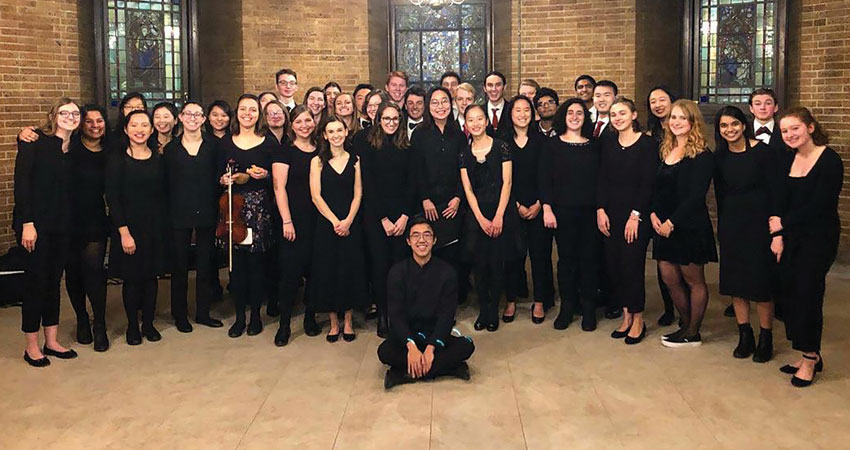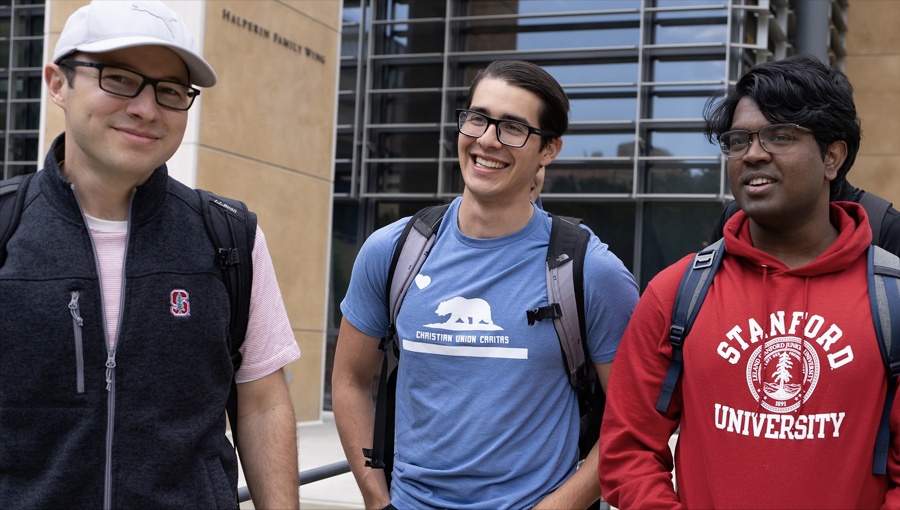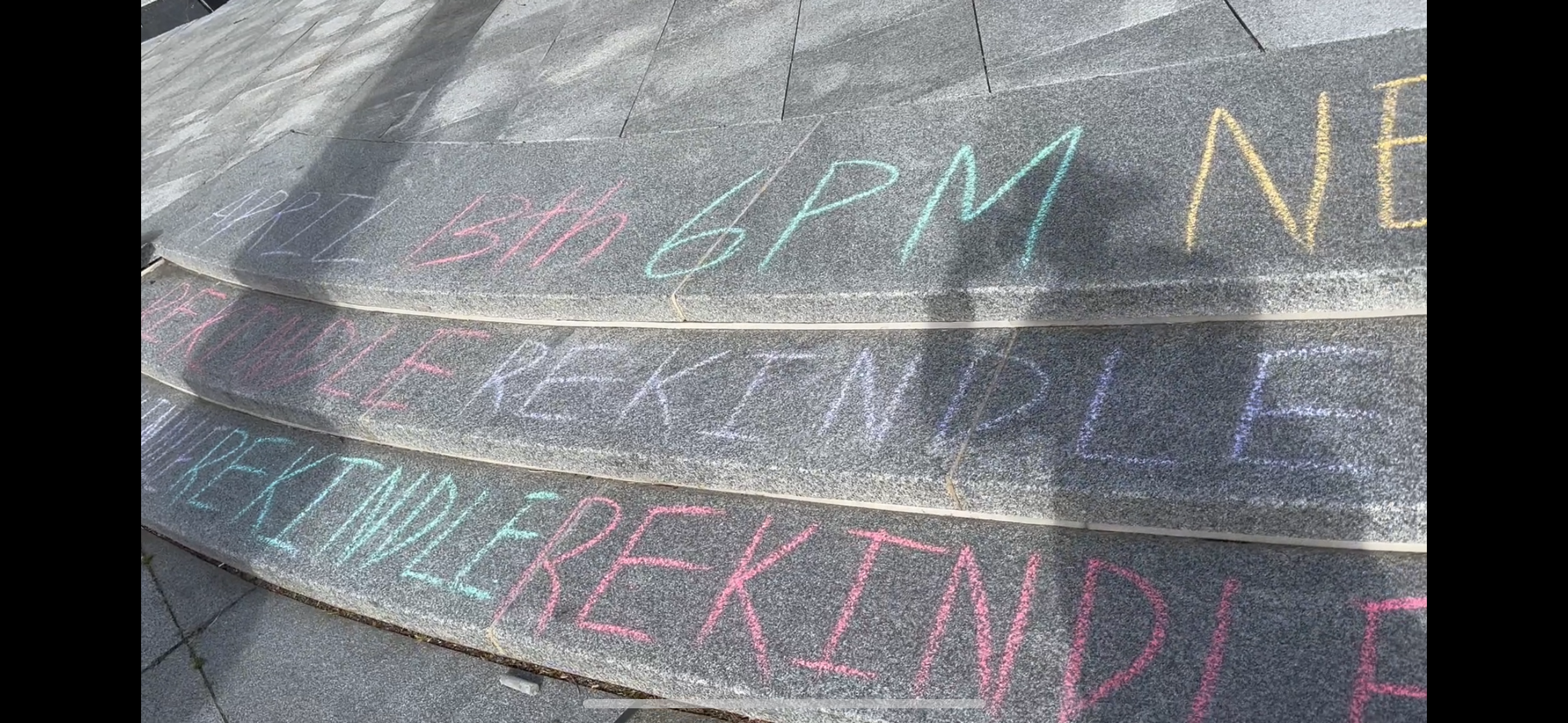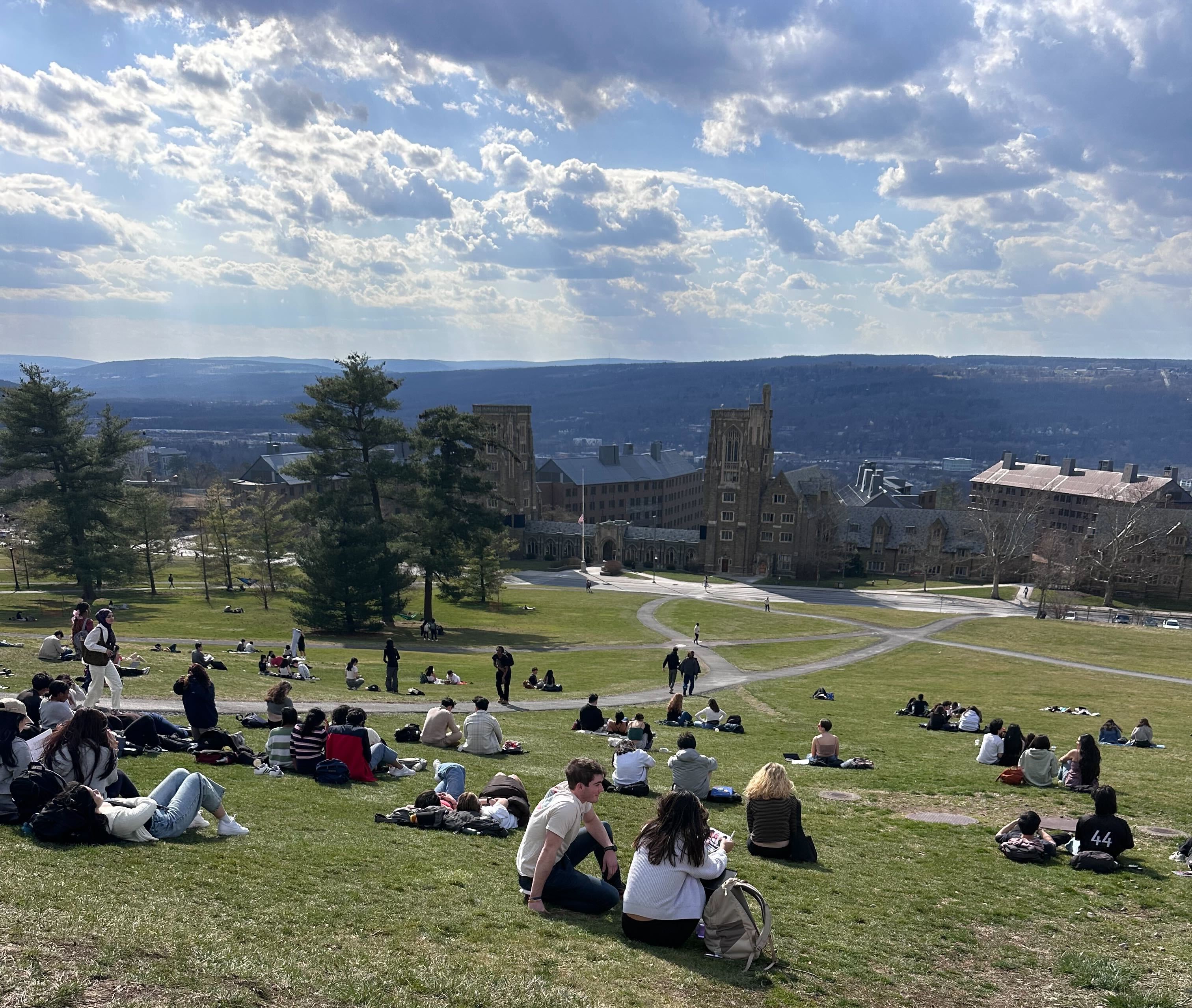Orchestra, Choir Ensemble Celebrates 20-Year Anniversary
By Chris Bolton, Columbia ’19
The Columbia University Bach Society’s spring concert featured the music of its namesake, including selections that proclaimed Christ as Lord.
Since its founding in 1999 through its twentieth anniversary campaign this year, the student-run orchestra and choir ensemble has been a major part of musical life at Columbia. Comprised of undergraduate and graduate students, as well as young musicians from New York City, the Bach Society consistently delivers stellar performances of sacred music from the Baroque and Classical periods. In the last five years alone, concerts have included selections from Handel’s Messiah, Bach’s Magnificat, and Mozart’s Requiem, among others.
The Columbia Bach Society held its spring concert, "Bach to Bach," on April 27 at St. Paul's Chapel.
The title of the 2019 spring concert was “Bach to Bach.” After all, what better way to celebrate than with the music that inspired the society’s founding? The program included selections from Johann Sebastian Bach’s fragmentary St. Mark Passion and C.P.E. Bach’s Flute Concerto in D-minor. The highlight, however, was J.S. Bach’s Mass in G-minor, which used a musical technique, known as parody, to draw in material from some of Bach’s lesser known, yet still magnificent, cantatas.
C.P.E. Bach’s Flute Concerto expertly balances virtuosity and drama with a smooth elegance. The pastoral second movement was especially beautiful, played brilliantly by soloist Madelyn Baker. Greatly underappreciated in the classical music world, the piece looks back upon the elder Bach’s woodwind mastery and ahead to the impassioned Sturm und Drang of Haydn.
The St. Mark Passion is a more mysterious composition; for one thing, its authorship is disputed by some, many of the choruses are incomplete (leaving us only with Bach’s German translations from Mark’s Gospel), and the music carries an eerie, funereal tone throughout – no doubt foreshadowing the crucifixion. The performance only featured the first three recitatives and chorales of the Passion, which tell the story of Jesus’ anointing in Bethany, his betrayal by Judas Iscariot, and the Last Supper. But the piece was punctuated by the last solemn chorus, “Ich, ich und meine Sünden” (I, I and my sins … these have brought you this misery that assails you)—a tearful stream of remorse for having contributed to Christ’s unfathomable suffering.
With this seasoned chorus and orchestra, the genius of Bach’s Mass in G-minor shone brightly, but God’s glory shone even brighter. It is a highly polished, texturally variegated, and theologically deep setting, and Bach Society’s soloists did it justice. The Kyrie that opens the Mass is earnest, almost hurried, and sung with a sort of Lutheran repetition; evidently Bach saw a very serious need for Christ’s grace and mercy. The Gloria section begins with similarly fervent offers of thanks and praise to God the Father, but the tone shifts with a melancholy oboe melody as the choir turns their adoration to Christ, the “Lamb of God, Son of the Father, Thou who bearest the sins of the world.” “Miserere nobis” (pity us), they plead, “suscipe deprecationem nostrum” (hear our prayer). Imagining the splendor and majesty of the Lord’s throne room, Bach seems to say that, by virtue of His great suffering, Christ alone is able to receive our prayers. After its dramatic climax, “Thou alone art Holy … Thou alone the highest, Jesus Christ,” strings and woodwinds propel the choir to its simple, undramatic “Amen.”
How wonderful was it that a group of Columbia students (some Christians, many not) praised the living God through the Bach Society’s bi-annual concert.












